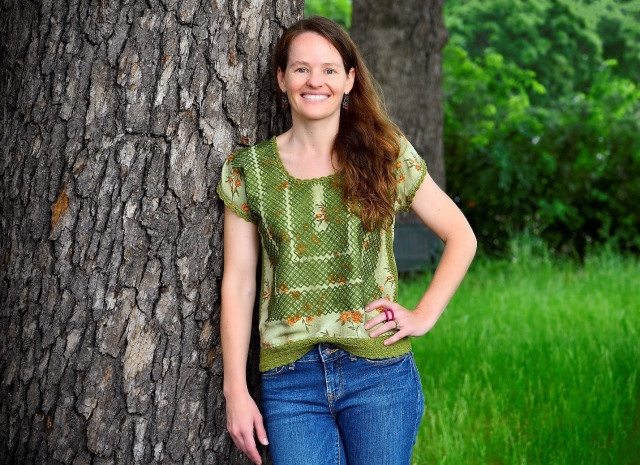Dr. Alexandra Ponettes' research in Carbon Deposition
Congratulations to Dr. Alexandra Ponette for her research recognition as a prestigious
recipient of NSF funding for Intra-Urban Variability in Carbon Deposition.
May 17, 2016
Congratulations to Dr. Alexandra Ponette for her research recognition as a prestigious recipient of NSF funding for Intra-Urban Variability in Carbon Deposition: Rates, Pathways, and Determinants. This project will investigate to what extent city trees function as urban air filters, capturing black carbon particles from the atmosphere and then depositing them to soils where they can be stored long term. Commonly referred to as soot, black carbon is a component of fine particulate matter that is released directly into the atmosphere as a result of fossil fuel/biofuel combustion and fire. These small particles absorb solar radiation, warming cities, regions, and the globe and, when inhaled, have adverse effects on human health. Because urban areas are one of the most important sources of black carbon particles, and ~80% of the US and >50% of the global population now lives in cities, understanding the factors that contribute to black carbon removal in urban areas could help mitigate climate change, while improving air quality for urban residents.
